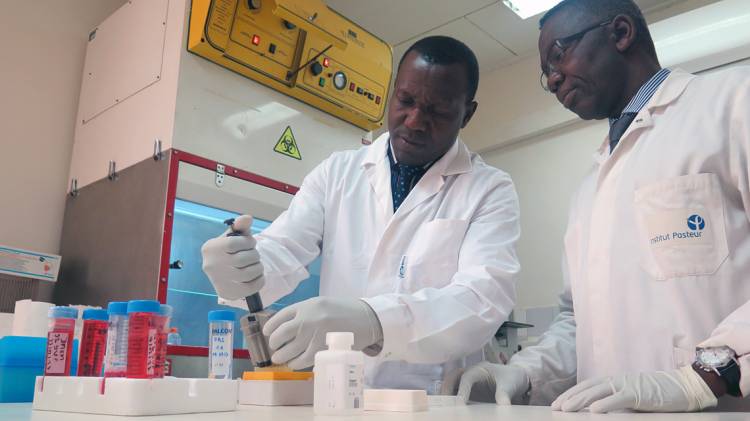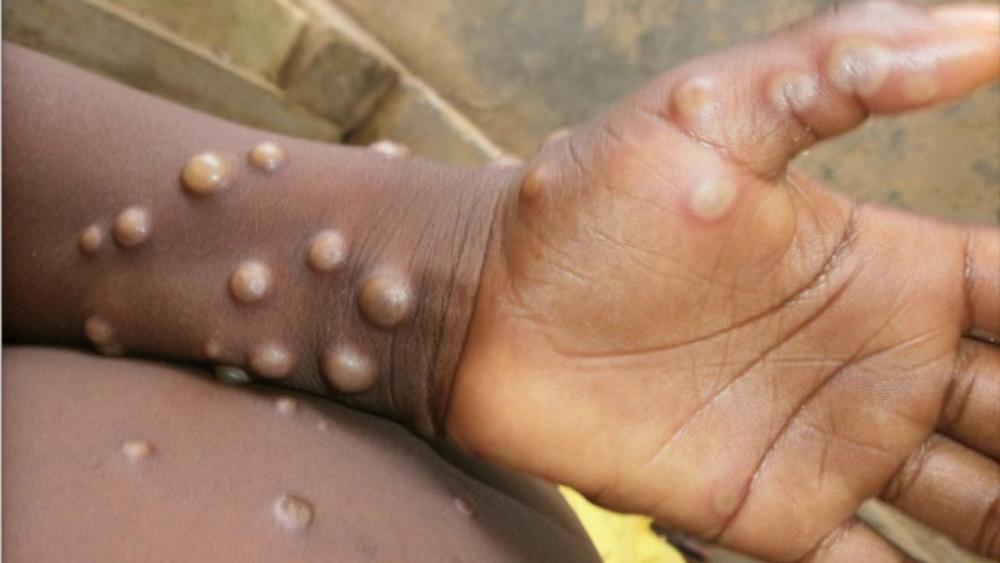
Health: Medics recommend more trainings and technics to counter zoonoses in Cameroon
- 26 octobre 2022
- 0
Zoonosis is defined as the transfer of bacteria and viruses from animals to man and vice versa. In Cameroon over the years, 10 types of zoonotic diseases have been detected notably Bovine Tuberculosis, Rabies, Monkey Pox, Avian Influenza and Anthrax. With over 70% of the Cameroon population involved in small-scale agriculture, there is a need to review rearing technics and equip rearers and domestic animal owners on the right attitude towards these animals. Cameroon has been hit by the Avian Influenza, which caused a huge economic loss in 2021 but not all chick rearers have the tools needed to counter the disease whose treatment is mainly supportive.
Lire Aussi: Cameroon medical Doctor gets a new liver
Rabies an endemic disease in dogs as per the Centre for Disease and Control, kills about 21000 humans in Africa annually though in Cameroon, just few cases were reported between 2021 to the first semester of 2022. Going by the ministry of livestock, fisheries and animal industry, of 4000 dogs registered in 2022, few had rabies meanwhile in 2021 5050 domestic animals were vaccinated. Rabies can be prevented through animal vaccine and post-bite treatment for humans is available.
Monkey Pox reported in early 2022 has touched 5 regions, 6 health districts and claimed two lives between August 17-September 16 2022 according to the National Zoonosis Programme in Cameroon. About three quarters of newly emerging infections in Cameroon come from animals. Vaccination, and proper treatment have been advanced as ways of tackling these animal-man transmitted diseases given that poor treatment increase antimicrobial resistance both in humans and in animals.
Lire Aussi: Human Rights : 1523, the toll-free number to denounce abuses

One Health approach
The government through the One Health approach which is a strategy put in place by the national programme for the prevention and fight against emerging and re-emerging zoonoses and some NGOs in Cameroon have been training journalists and persons involved in the livestock sector on how to detect, notify and counter animal diseases. The latest being the Red Cross training granted cattle rearers in the North and East regions of Cameroon in 2021.
The One Health approach is a joint plan of action which focuses on six areas: One Health capacities for health systems, Emerging & re-emerging zoonotic epidemics & pandemics, Endemic zoonoses & vector-borne disease, Food safety, Antimicrobial resistance and Integrating environment into One Health. Strict respect of hygiene rules and the participation of all communities is equally needed.
Veronica Aji





















